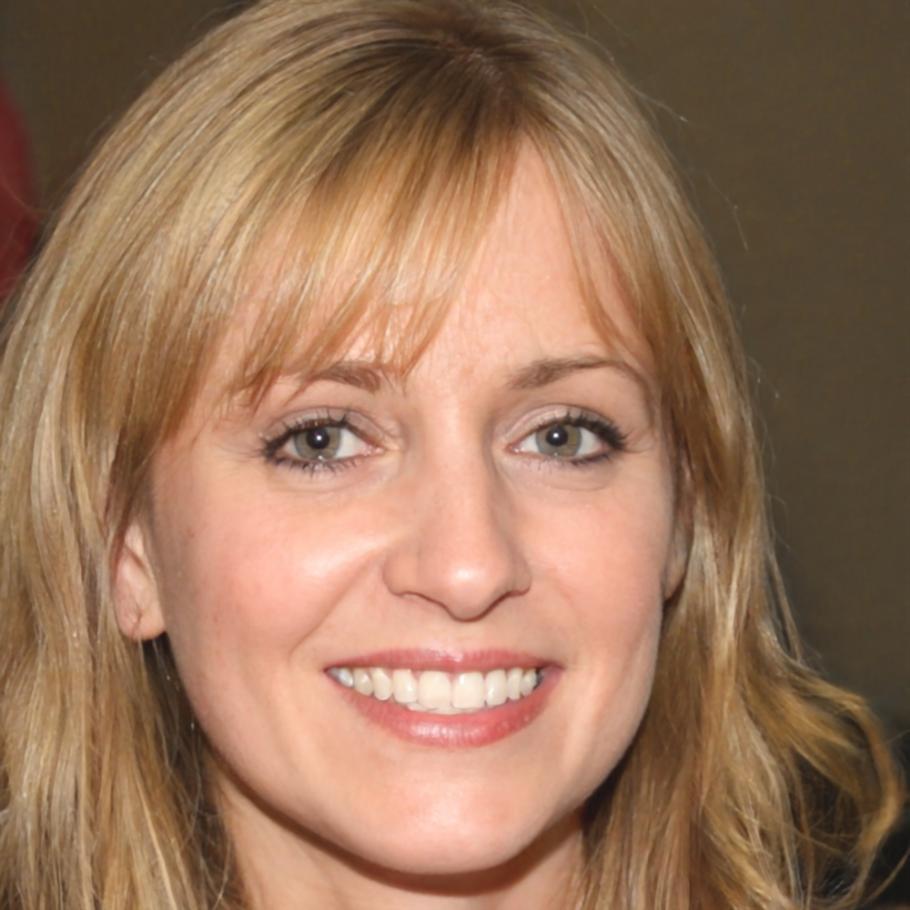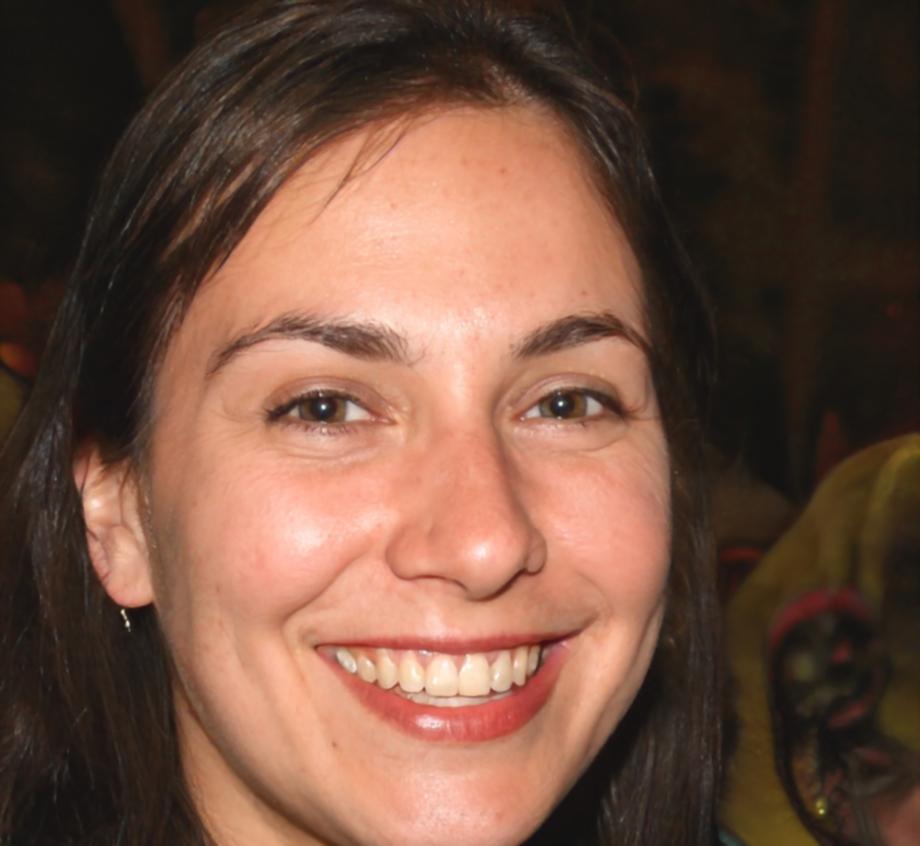Building Financial Foundations That Last
Most people don't fail at investing because they lack intelligence. They struggle because nobody showed them how to think about money in practical terms. Our programme starts with the basics you actually need, not the jargon that confuses everyone.
What You'll Actually Learn
We spend the first three months making sure you understand risk before we even touch investment vehicles. Because here's the thing: reading about compound interest is easy. Understanding how it feels when your portfolio drops 15% in a week? That's where real learning happens. We simulate those experiences in a controlled environment so you're not learning these lessons with your actual savings.
Market Psychology
We'll walk through real historical events. Not just the numbers, but the newspaper headlines from those days. What were people actually saying when markets crashed in 2008? How did it feel to read those articles? This context matters more than most textbooks admit.
Portfolio Construction
You'll build your first practice portfolio in month four. Small amounts, real decisions. We review every choice in our weekly sessions, and you'll see patterns in your own behaviour that books never mentioned.
Our autumn 2025 cohort begins in September. Twelve months, one evening per week, with continuous access to course materials and our practitioner community.

Siobhán Rafferty
Portfolio Manager & Financial Educator
I spent fifteen years managing institutional portfolios before I realized something. The principles that work for pension funds work just as well for regular people, but nobody was explaining them in plain language. So I left the corporate world in 2022 to focus on teaching.
My approach is simple: show you what works, explain why it works, then let you practice until you understand it in your bones. I'm not interested in making investing sound complicated because it serves my ego. I want you to actually get this.
I still manage a small fund, which means I'm making the same decisions I'm asking you to learn. When I talk about handling market volatility, I'm describing what I did last Tuesday, not something I read in a textbook twenty years ago.
Programme Structure
Twelve months divided into four practical quarters
Foundation Quarter
We start with your personal financial situation. Not theoretical concepts, but your actual numbers. How much can you realistically invest? What's your genuine risk tolerance? We'll figure out both through practical exercises, not questionnaires.
Market Mechanics
This is where we get into how markets actually function. Order books, bid-ask spreads, market makers. Sounds dry, but understanding these mechanisms will save you money on every single trade you ever make.
Asset Allocation
You'll learn to build portfolios that match different life situations. We use real case studies from past participants. Someone saving for a house deposit needs a different approach than someone twenty years from retirement.
Ongoing Management
The final quarter focuses on maintenance. How to rebalance, when to adjust your strategy, how to handle major life changes. This is the part most courses skip, but it's where most people actually struggle.
How This Actually Works in Practice
We meet Tuesday evenings from 7 to 9 PM. First hour is new material, second hour is working through problems together. Everyone brings their laptop because we're not just talking about investing, we're doing it.
Between sessions, you'll have access to our practice platform. It uses real market data but simulated money, so you can experiment without risk. Make mistakes here, learn from them, then apply those lessons when you're ready for actual investments.
- Weekly two-hour evening sessions at our Clare office
- Continuous access to practice trading platform
- Monthly one-on-one portfolio reviews with instructors
- Lifetime access to our alumni community and updated materials


I'd read probably twenty investing books before taking this course, and I still learned more in the first month here than from all that reading combined. The difference is practicing decisions with immediate feedback. Siobhán would ask why I chose something, and half the time I realized I didn't actually have a good reason. That awareness changed everything.
Completed programme in early 2025, now managing her own portfolio